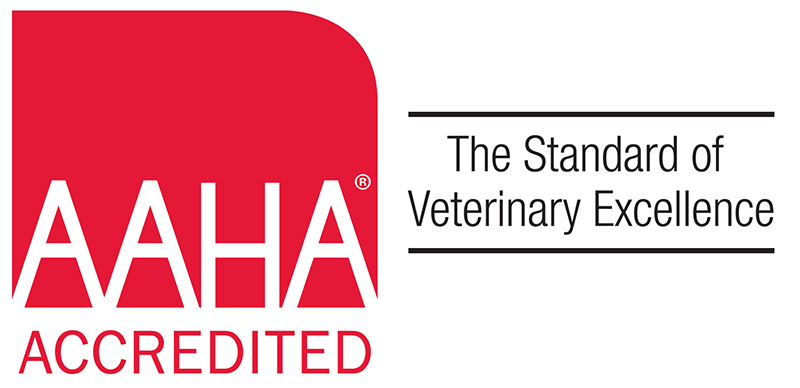Proper nutrition is just as important for our canine and feline family members as it is for our human family members. If you want your pet to be healthy, being mindful of what you feed them is a must. However, not all pet foods offer the same nutritional value. Plus, not all pets have the same needs. Here at Triangle Animal Clinic, our team of veterinary technicians can give you personalized recommendations for the best food for your furry friend.
Were they diagnosed with some type of disease? Specially formulated foods are available that can assist with these and other conditions. Is your companion a kitten or puppy? Pets at this age require more protein in their diet than adult dogs and cats, so this is another factor we can discuss with you at your next visit. We stock a variety of specialized and prescription soft and hard foods for young, adult, and senior pets of all sizes, regardless of their health status.
Tips for Choosing the Right Food for Your Pet
Although we can provide guidance when it comes to all your pet nutrition questions, the following tips will help as you go food shopping for over-the-counter pet food:
Look for AAFCO Guidelines on Packaging:
The Association of American Feed Control Officials (AAFCO) establishes guidelines for pet ingredient definitions as well as label and laboratory standards. These include the ingredient list, feeding directions, and target species labeling. Make sure the packaging you buy includes a nutritional adequacy claim on the packaging that gives AAFCO information about the food.
Aim for Whole Protein as First Ingredient:
Ingredients are listed in a specific order on all food labels. The most predominant ingredients are listed first. Because of the many health benefits that whole protein provides for your pet, this should be the first ingredient on the label of the food you buy. Look for chicken or beef as the primary ingredient, not chicken or beef flavor.
Read the Label Thoroughly:
Aside from considering what brand to buy, it’s important to read the label details to ensure you’re buying the correct food for your pet. For example, if you have a kitten, make sure the label specifies that the food is formulated for kittens, not adult cats. If you’ve been told your dog would benefit from a food designed for sensitive stomachs, make sure that information is indicated on the label.



